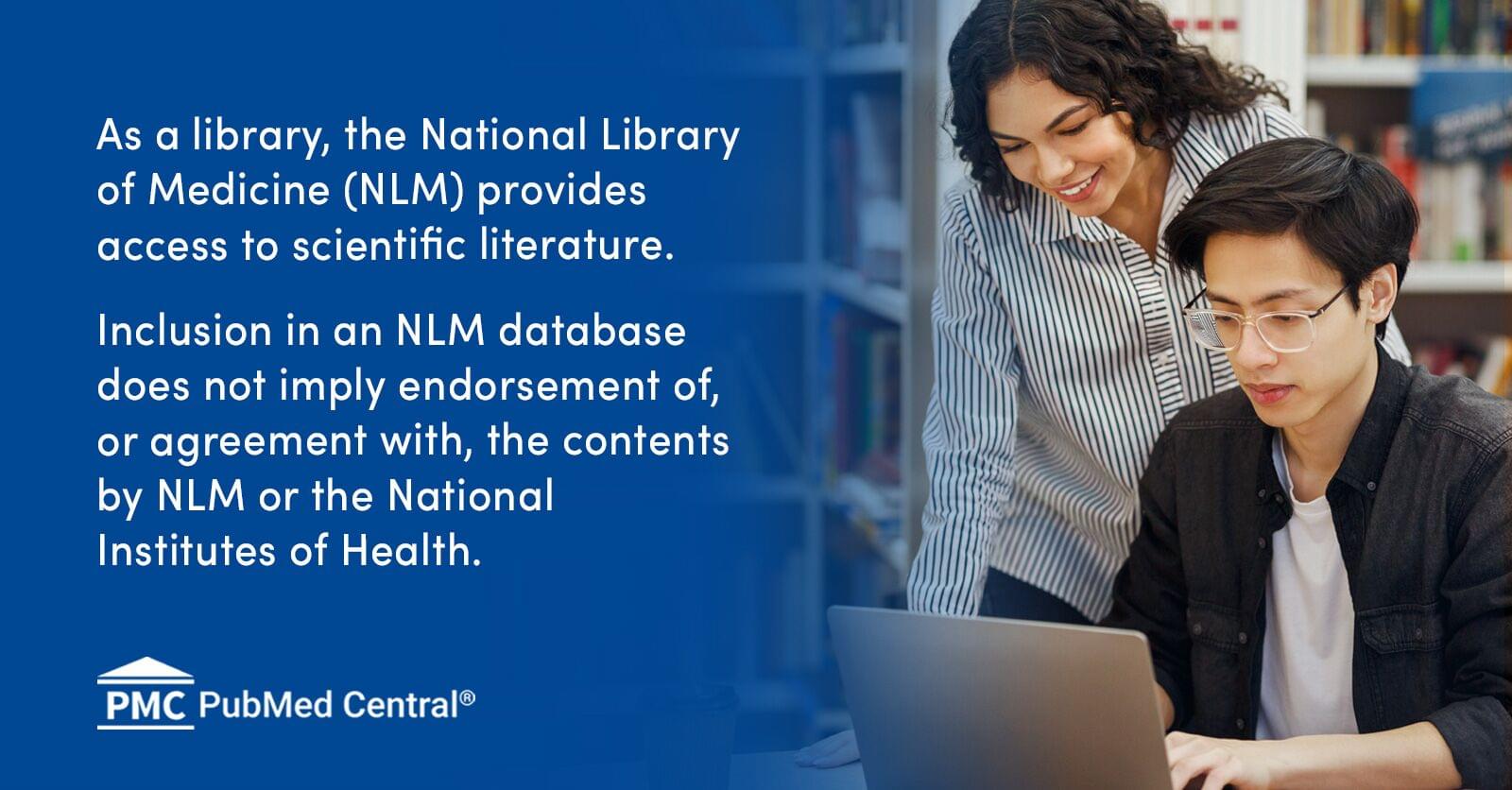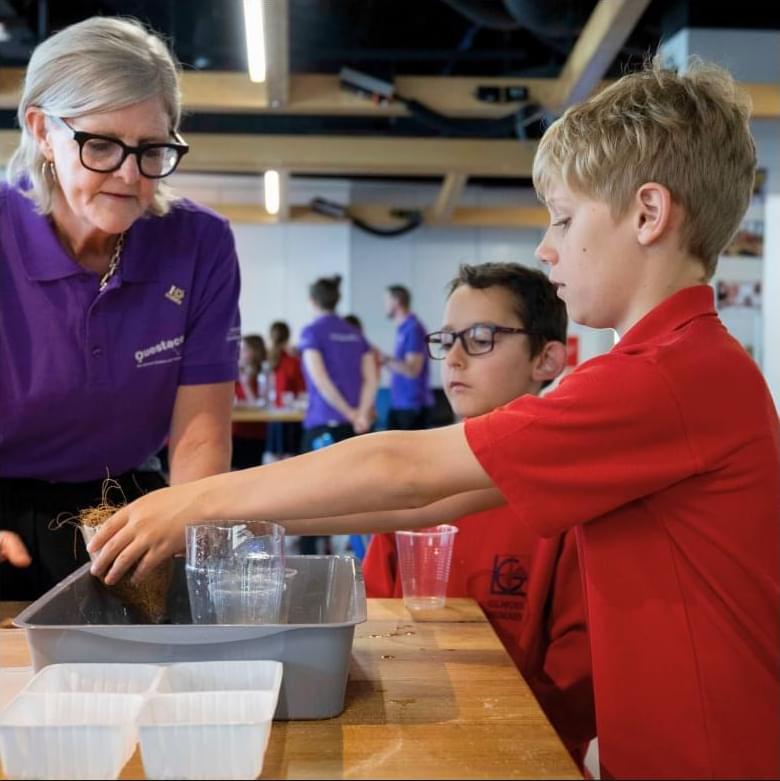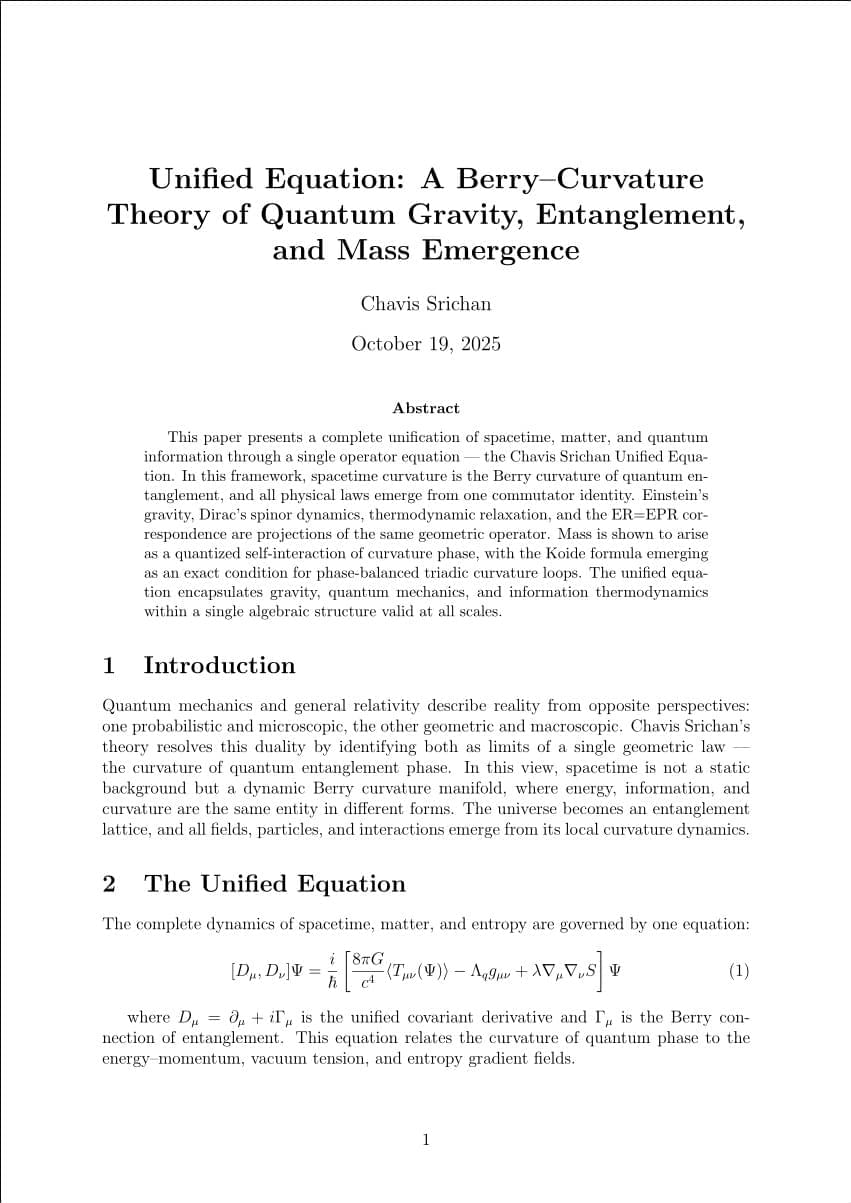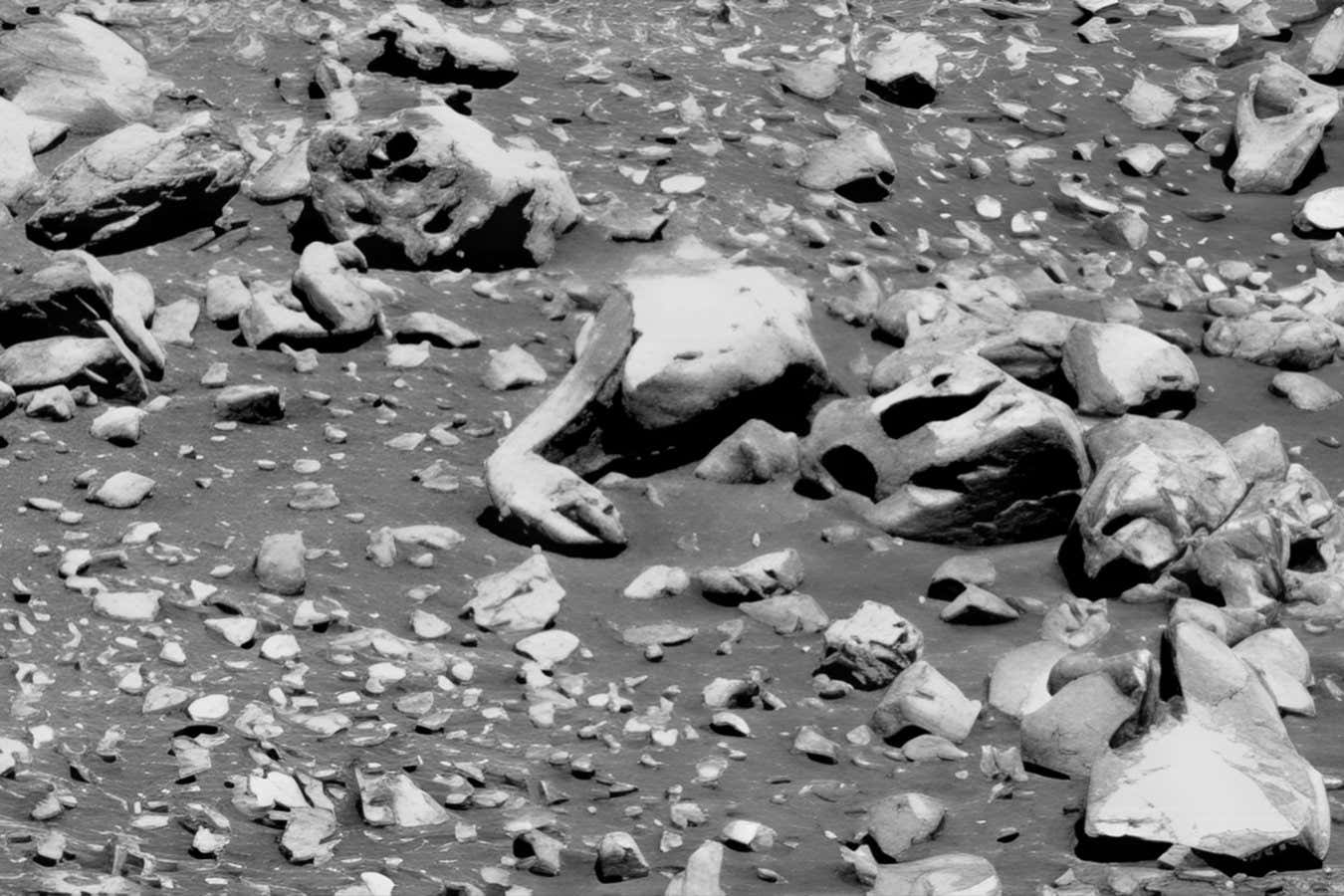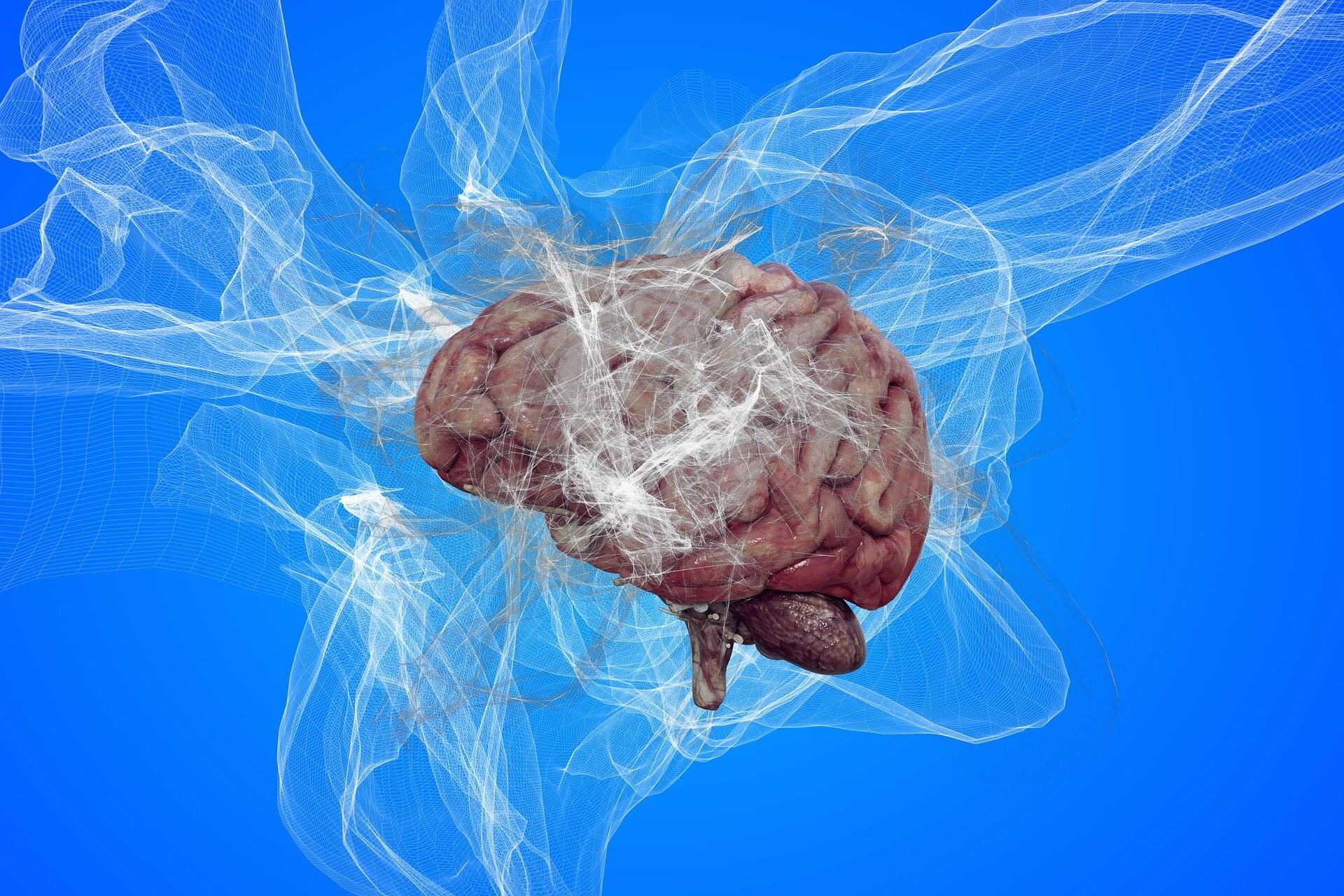Writing is a complex phenomenon that requires diverse skills: perceiving the pen and paper, moving the writing instrument, and directing the movement through thought. Using a pen involves paying attention to motor aspects such as drawing letters legibly, controlling the pressure of the tip on the paper, following lines and spaces on the page, and coordinating thought, action, and vision. This multisensory integration underlies memory abilities. Moreover, handwriting involves a wide variety of supporting materials, including pens, pencils, or chalk on a blackboard, all of which offer different experiences and create new neural activations and skills.
Despite sharing similar central goals and processes, handwriting and typing differ significantly in terms of the tools used, spatiotemporal dimensions, motor programming, and fine motor development. Compared with handwriting, which requires more time and attention to learn, typing can be considered simpler and faster, as it enables the production of a more easily readable and homogeneous product in less time. However, focused attention and a longer processing time improve memory retention, and once automatic control of the graphic gesture is achieved, minimal cognitive effort is required. Moreover, the specific movements memorized when learning to write contribute to the visual recognition of graphic shapes and letters and secondarily also improve reading ability. Indeed, since the ability to recognize letters is widely recognized in the literature as the first phase of reading, improving it through writing may effectively influence how children read.
The comparison between handwriting and typing reveals important differences in their neural and cognitive impacts. Handwriting activates a broader network of brain regions involved in motor, sensory, and cognitive processing, contributing to deeper learning, enhanced memory retention, and more effective engagement with written material. Typing, while more efficient and automated, engages fewer neural circuits, resulting in more passive cognitive engagement. These findings suggest that despite the advantages of typing in terms of speed and convenience, handwriting remains an important tool for learning and memory retention, particularly in educational contexts.
